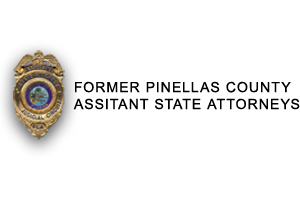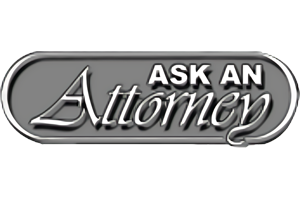Check Fraud
White Collar Defense Attorneys Serving St. Petersburg and Beyond
Check fraud covers a range of criminal conduct, from depositing a forged check to stopping payment on a check with the intent to defraud. In Florida, a conviction for check fraud may not only result in criminal penalties, but may also have a long-term impact on your reputation and employment opportunities. At Blake & Dorsten, P.A., Our St. Petersburg white collar crime lawyers have the skill to represent businesses and individuals against criminal fraud charges. We understand that in some cases, fraud charges arising from a bad check may be the result of a mistake, an oversite, or even desperation. We are prepared to protect your rights and develop an appropriate defense strategy to fight against a check fraud conviction.
Overview of Florida Check Fraud Offenses
Check fraud includes many different crimes relating to the illegal use of checks, debit cards, promissory notes, and other instruments. In Florida, a person may face criminal charges for cashing or depositing a fake check, forging the signature of another person to issue or cash a check, obtaining property or services in exchange for a bad check, check kiting, and other fraudulent acts. One of the most common types of check fraud is writing a worthless check.
Worthless Checks
When a check is drawn from a bank account with insufficient funds to cover the full amount, it is commonly referred to as a “bad” or “worthless” check. In Florida, it is illegal to write, issue, make, or deliver a check or debit card payment when you know at that time that you do not have sufficient funds on deposit or credit with your bank with which to pay the amount stated. Generally, in determining whether to prosecute someone for writing bad checks, the state will look at the circumstances surrounding the transactions, as well as bank records for any evidence that indicates there was fraudulent or criminal intent.
The penalties imposed for a conviction largely depend on the amount of the check. Writing a worthless check for an amount that less than $150 is a first degree misdemeanor offense, which is punishable by up to one year in jail, probation, and/or a $1,000 fine. If the check amount is $150 or greater, the offense is a third degree felony. If convicted, the penalties may include a prison sentence of up to five years, probation, and/or a maximum fine of $5,000. The potential penalties may increase if there are multiple charges for check fraud or related offenses brought in the case.
Defending Against the Charges
It is important to understand that bouncing a check is not always a crime. The statute does not apply when the person receiving the check knows or is expressly notified before cashing it that the payor does not have sufficient funds in their bank account to cover the check. It also does not apply when a check is postdated.
There are defenses to a worthless check charge that may apply depending on the facts of the case. For instance, the charges may be dismissed on statute of limitations grounds if the state fails to prosecute within three years of the alleged check fraud offense. If there is evidence that the payee delayed in cashing the check, or that you believed that you had overdraft protection, for example, your attorney can present it to the court in your defense.
Contact a St. Petersburg Check Fraud Lawyer for Advice
If you have been charged with a fraud crime or are under investigation, you can hire an experienced attorney to defend your rights. At Blake & Dorsten, P.A., our St. Petersburg defense lawyers are committed to helping people who are facing charges for bad checks, identify theft, and other white collar crimes. We represent defendants in criminal fraud cases throughout Pinellas County, including Tampa Bay and Clearwater. Request a free consultation by calling our office at 727-286-6141 or using the contact form on our website.








